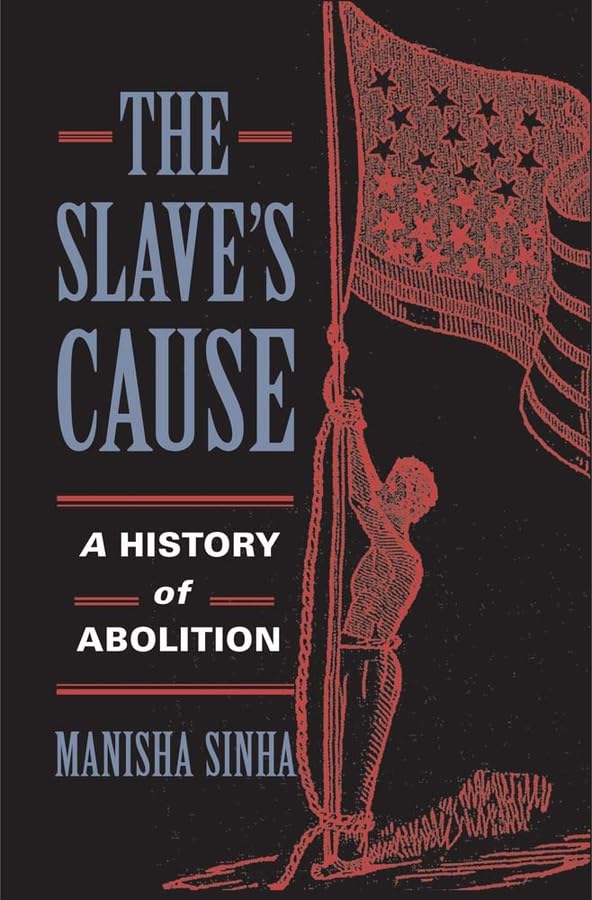What, then, of the abolitionists? Did they not weigh decisively in the national contest on the side of the slave? Manisha Sinha argues on their behalf in The Slave’s Cause. She is up against a lot. To make the case for the centrality of abolitionists to the emancipation of the slaves, she has to redeem the movement itself from insignificance and its participants from charges of racist paternalism and bourgeois self-interest. Fights about John Brown notwithstanding (was he a terrorist or merely insane?), little scholarship in the recent past has placed much emphasis on the abolitionists as a historical force. Indeed, Sinha calls them “the forgotten emancipationists.” But by far the most daunting challenge she faces is the fact that emancipation came only during the Civil War and the view, now widely held, that it wasn’t primarily the accomplishment of Abraham Lincoln or the Republican Party, but of the slaves themselves, precipitated by the actions they took inside the Confederacy and in their flight to Union lines. “Who freed the slaves?” the question goes. For some time, the answer has not been the abolitionists.
Sinha begs to differ. In The Slave’s Cause, she offers nearly 750 impassioned pages for considering abolitionism as a longstanding progressive force in American life. At stake, she insists, is nothing less than the “potential of democratic radicalism” itself. Hers is a “movement history,” an ambitiously comprehensive account of the abolition movement that reaches back to the American Revolution, “rejects conventional divisions between slave resistance and anti-slavery activism,” and focuses on black abolitionists as the key actors. It was a movement made up of “passionate outsiders,” a radical, interracial movement that addressed “the entrenched problems of exploitation and disenfranchisement in a liberal democracy and anticipated debates over race, labor and empire.” Sinha categorically rejects any criticism of the movement, including the Trinidadian historian Eric Williams’s influential argument that abolitionism arose with the political interests of new industrial capitalists, who sought to exploit free rather than slave labor. “If slavery is capitalism, as the currently fashionable historical interpretation has it,” Sinha writes, “the movement to abolish it is, at the very least, its obverse.” Abolitionists were antislavery but also anticapitalist, anti-imperialist, pro-feminist, and pro-labor. Their criticism of slavery and capitalism was so broad that it makes them the precursor to every progressive and radical movement of the 20th and 21st centuries: Black Lives Matter, Occupy Wall Street, civil rights, international human rights, Black Power, black nationalism, the NAACP, Pan-Africanism, the Wobblies, the Populists, the Popular Front, and the Knights of Labor. Her faith in the abolition movement is boundless and unreserved.
